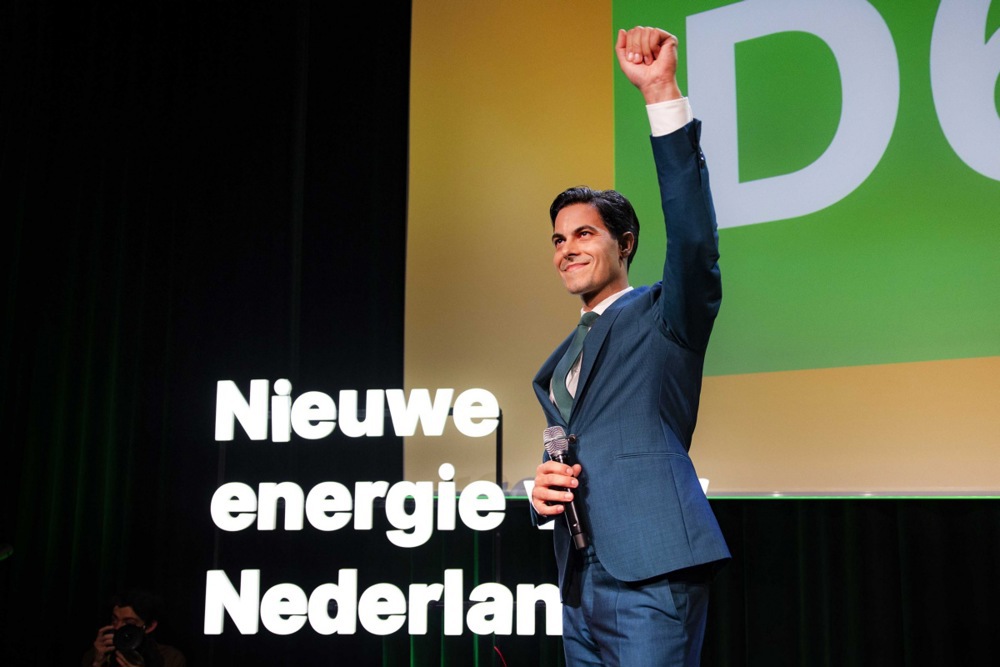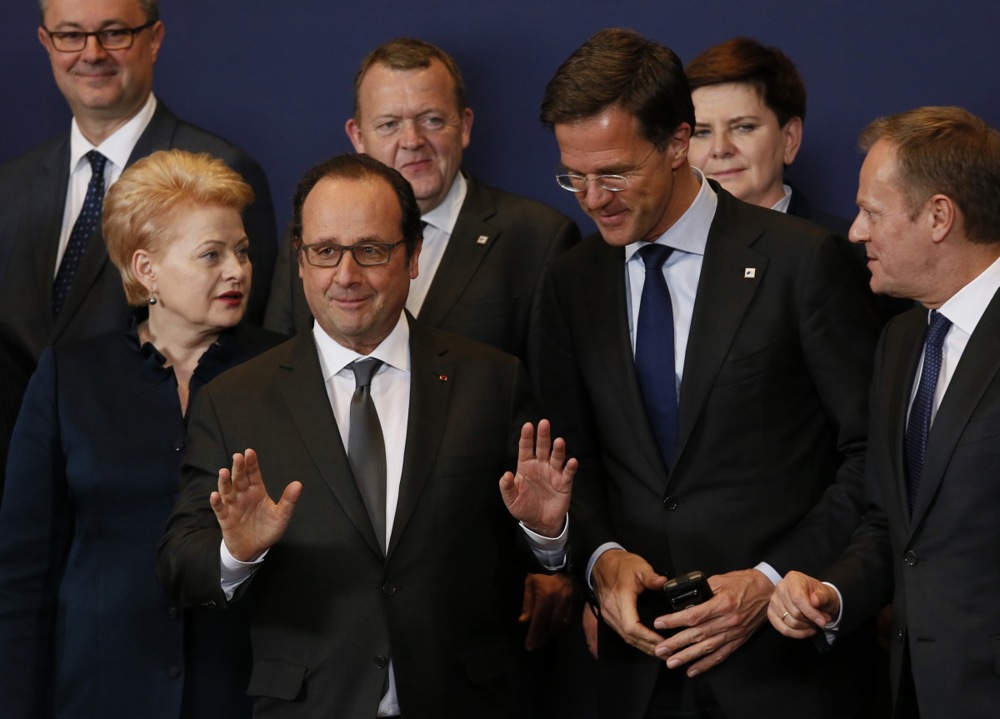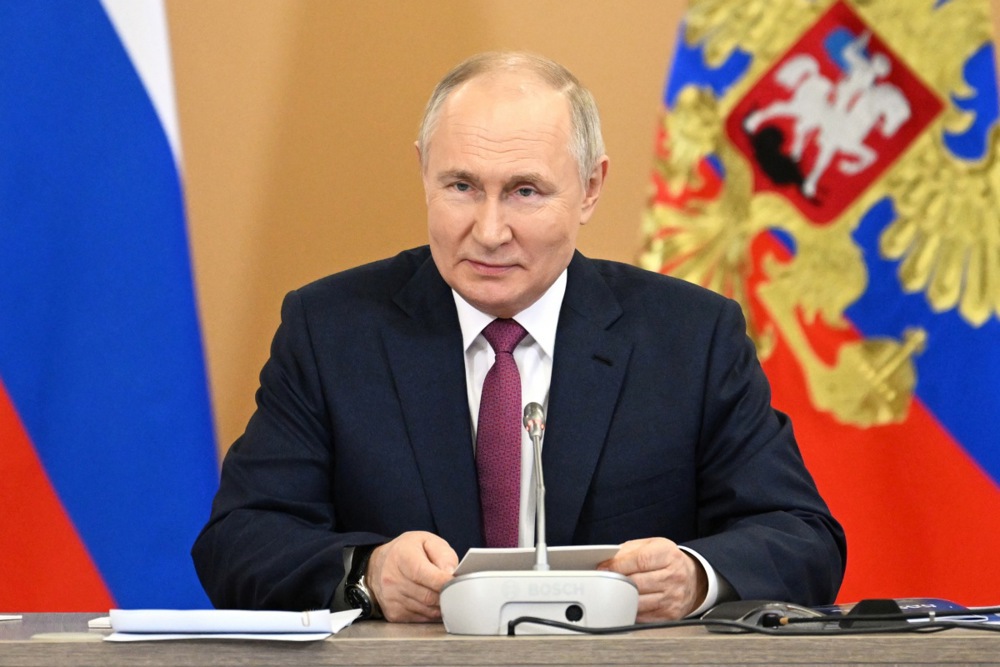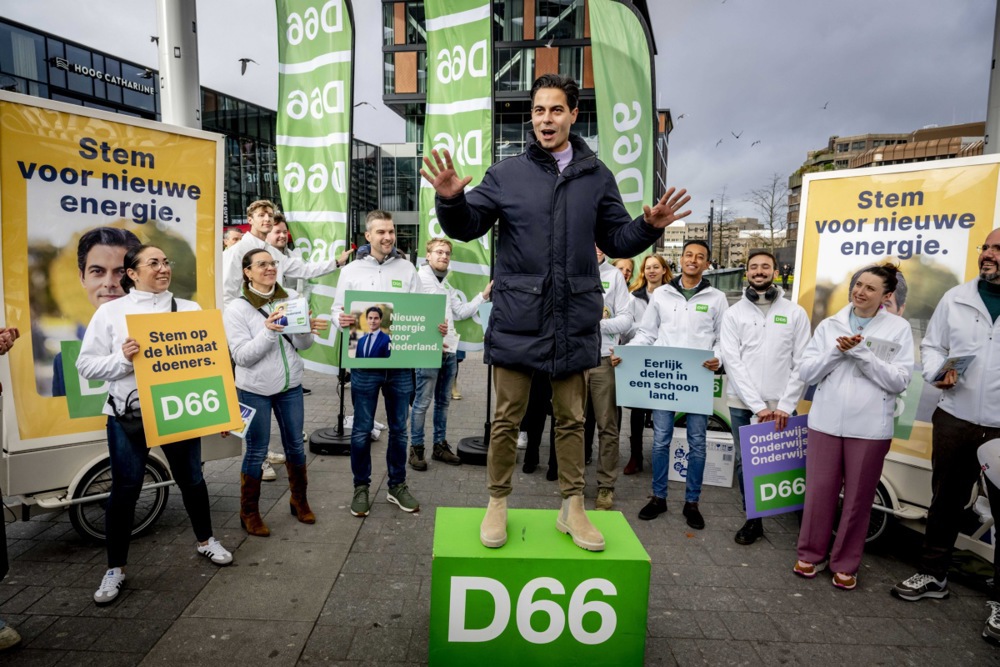The Netherlands will not have enough electricity to be powered 24/7 from about 2032, with the country’s national grid operator warning of future shortages and price spikes.
In its annual report on energy supply security, system operator TenneT warned that the Netherlands will see, on average, around 14 hours of annual power shortages by 2033, compared to the current norm of four hours.
From 2030 onward, it warned, the country’s supply security will “markedly deteriorate”.
“These developments are not limited to the Netherlands; they’re evident in other countries too, fostering greater interdependence,” the operator said.
“The risks for the Northwest European countries to consistently meet their supply security obligations are simply increasing.”
TenneT predicts that the power shortages would not cause complete blackouts but would push market prices up significantly, though the general public may not initially feel the impact due to the country’s fixed pricing system.
Still, it added, industry and wholesale consumers might be forced to suspend operations during such periods to ensure electricity for the rest of the country, something that would likely make the Netherlands unattractive for businesses.
The firm’s operational director, Maarten Abbenhuis, has advised the government to work out a plan to prevent future shortages.
He said the country should maintain “controllable production capacity”, preferably carbon-neutral, and ease its market-distorting regulation.
He added that, despite these green goals, keeping coal and gas plants ready to use might be prudent as well.
Influencing demand might also have a positive impact, such as making daylight electricity rates cheaper than during the night.
This is contrary to the customary supply-and-demand model currently in place, where peak hours are more expensive.
Germany’s planned coal phase-out will lead to enormous supply gaps in the power grid, according to the head of the country’s primary domestic energy company. https://t.co/UrzRjgi3fg
— Brussels Signal (@brusselssignal) March 13, 2024
The decreasing level of energy security is reportedly the result of a fall in energy produced from coal and gas, a move that is part of the government’s “green” agenda.
Further, TenneT said it expected that carbon-free alternatives would not be sufficiently available.
Solar and wind, according to its calculations, will only be able to provide 75 per cent of national demand, with electricity production likely to face difficulties during non-sunny periods or at times with little wind.
Patrick van de Rijt, head of market analysis at the grid operator, clarified that no major problems are expected in the short term.
“We see a clear tipping point occurring after 2030. This is because of the drastic changes we are going through. We are in the middle of the energy transition and that is going to chafe a bit,” he said.
Germany has meanwhile decided to invest in new gas production facilities, which should improve supply security in the Netherlands in the longer term as their grids are connected.
Energy giant Eneco has backed out of a tender for two giant Dutch wind farms, criticising government policy. https://t.co/yHtQsdgPYx
— Brussels Signal (@brusselssignal) March 29, 2024





